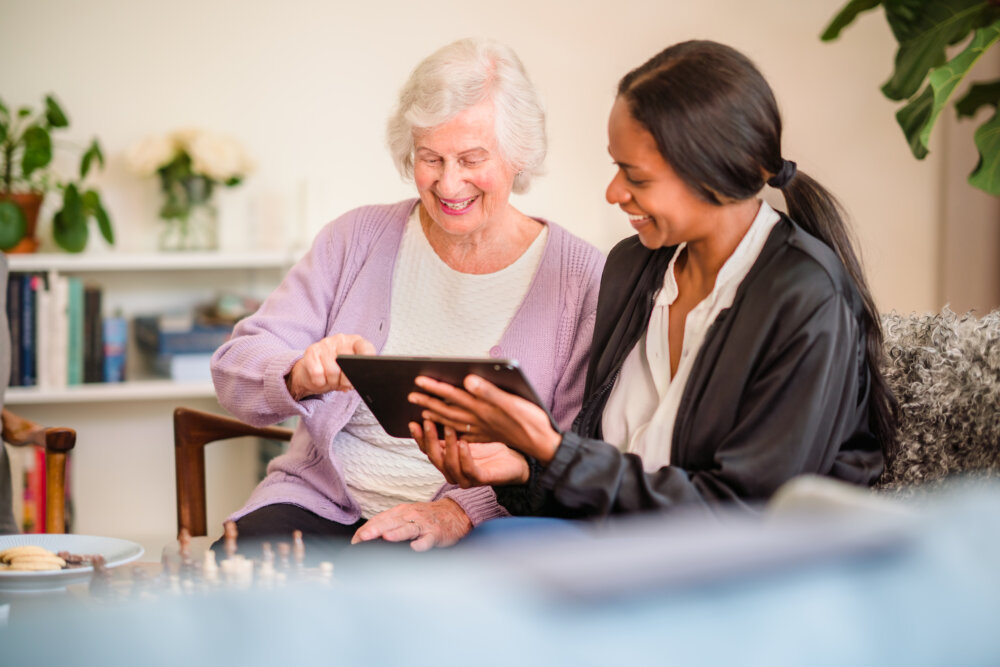Staying Safe Online for Seniors This World Password Day
It's World Password Day, so we've put together some handy tips for how to stay safe when browsing the internet.

The internet has changed the world in many ways, and getting online is easier than ever. Being online can help us in many ways, but it is not without risk.
With online scams becoming increasingly common, it is important to protect ourselves when we use the internet. That’s why this World Password Day, we’ve come up with a list of things you can do to protect yourself online.
Use a filter to avoid email scams
Many of the well-known email providers include built-in filters which aim to stop scam emails from hitting our inboxes, so this can help to reduce the likelihood of being caught out by one of these scams. Those pesky scam emails can slip through the net from time to time though, so it’s important to know what to look out for.
If you get an email that sounds suspicious, or asks you for money, do not click on any links. Always check the email address the email comes from; an email may look like it’s from your bank, but if it comes from a suspicious email address, it’s best to delete it straight away.
If an email looks like it comes from somewhere legitimate, like your bank, you can call your bank, or even visit a local branch, and they can confirm if it is from them, or if it is a suspicous email.
Protect your accounts and devices with strong passwords
It’s important to avoid using the same password for everything. Browsers like Google Chrome can even suggest strong passwords for logging into websites, and save them so that you don’t have to worry about remembering them. If you want to create them yourself, you can use three random words, mixed with numbrs and punctuation to make your passwords hard to guess.
Be wary of health scams
There are many health scams designed to target the older generation. These can include fake online pharmacies offering medicine suspiciously cheaply, or making claims about miracle health cures. These websites may deliver poor-quality medicines that may be harmful, or deliver nothing at all. When it comes to your health, don’t take any chances and be sure to go to your GP or NHS approved pharmacy.
When you click on the ‘Registered Pharmacy’ logo on a pharmacy website, if it’s legitimate this will take you to the General Pharmaceutical Council website.
Join a local computer group to help you develop digital skills and confidence
Lots of charities and local Churches offer regular computer workshops aimed at helping the older generation to grow their confidence online. You could even ask a younger relative or friend to help you with anything you’re unsure of!
If you think you’ve been the victim of a scam, contact Action Fraud
It’s important not to panic, and to get in touch with Action Fraud right away if you think you’ve been scammed. They can provide support and advice about what to do next, and how to secure your online accounts.